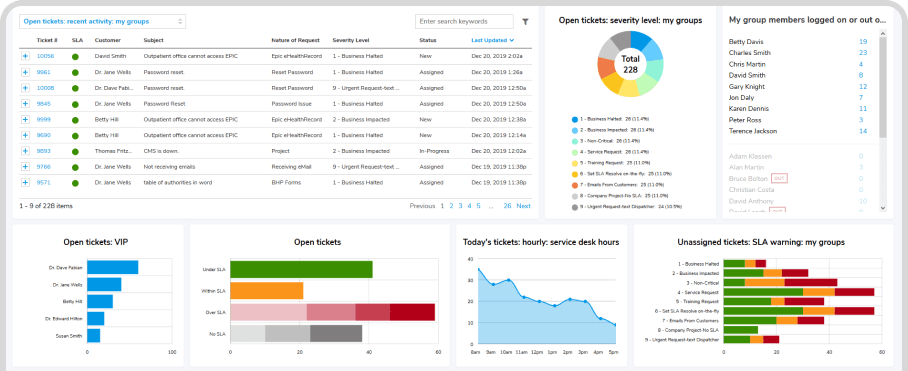How to Conduct an IT Change Management Software Needs Analysis (Including a Free Assessment Excel)
Identify and prioritize your required features
Defining and Documenting IT Change Management Software Requirements
To select the optimal IT change management software for your organization, begin by identifying and documenting your specific product features and requirements. This detailed documentation will enable you to prioritize these requirements and facilitate an objective comparison between different software vendors on a consistent basis.
The Fundamental Role of Requirement Documentation
Implementing any new IT change management solution, whether a service transition tool or a cloud-based platform, requires thorough requirement documentation. The success of the deployment relies heavily on the engagement of all key stakeholders. It’s essential to gather their insights and make them feel involved in the decision-making process, which increases their readiness to embrace the new system and mitigates resistance that might obstruct the integration of the solution.
Initiate the requirement gathering phase by organizing regular 45-minute discussions with stakeholders and continue these meetings until all requirements are fully documented and prioritized. It is important to secure a committed engagement from senior leadership early in the process, set clear deadlines, and maintain regular communication about progress.
Prioritizing Needs and Establishing a Strong Business Case
Facing budget restrictions and potential compromises, it is vital to develop a prioritized list of essential requirements. This prioritization is critical in pinpointing the fundamental features needed for effective change management and provides a solid basis for evaluating and shortlisting vendors.
In a challenging economic environment, the purchase of any software or cloud service for IT change management must be supported by a robust business case. A clear and concise list of minimum required features not only lends credibility to the requirement gathering process but also simplifies the focus to include only the necessary functionalities.
Communicating the Essential Features to Decision Makers
After you have determined a prioritized list of features, this information should be clearly communicated to the senior leadership. The list details the essential capabilities needed for the new system and acts as a guideline for potential expansions if initial budget constraints are restrictive.
This prioritized feature set also aids in demonstrating to the financial decision-makers the minimal functionality required, highlighting any possible compromises. Prepare to address any unclear issues or queries with strong justifications for all critical requirements.
Anticipating Changes in Software Requirements
It is important to recognize that the needs for IT change management software will evolve. Although it is impossible to foresee every future requirement, opting for a vendor known for ongoing product development and strong customer support is beneficial. Such a choice ensures adaptability and sustained effectiveness of the software solution.
Using Giva’s Free IT Change Management Software Needs Analysis Excel
To streamline the process of gathering requirements, Giva offers a complimentary Needs Assessment Tool created with input from industry experts. This tool, which is vendor-neutral, enables a more thorough evaluation and comparison of IT change management software options and is available in various versions tailored to different needs.

Giva IT Change Management Software Needs Analysis and Assessment Tool
Customizing the Needs Assessment Tool
Giva's Needs Assessment Tool can be tailored to evaluate a range of vendors, incorporating your specific inputs regarding product features, descriptions, priorities, vendor ratings, and a scoring formula. This customization provides an objective view of how well each vendor fulfills your most important requirements, assisting in making a well-informed decision.
Schedule a demo now, or start your own free, 30-day trial today.
Get free set-up assistance. At no cost to you, Giva's well-trained product experts will answer questions and make setup/configuration recommendations during the 30-day trial.
Start a Free Trial
Get a Demo
